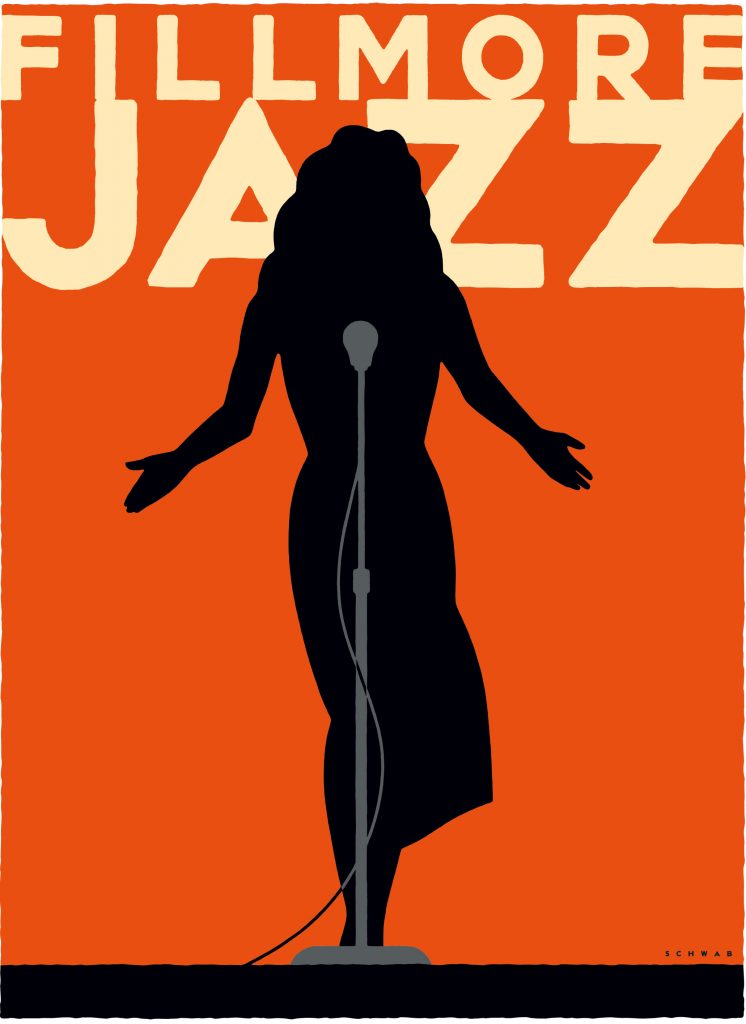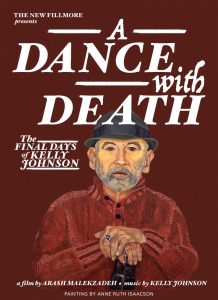
Mark Ulriksen’s Dogs Only, set in Alta Plaza Park, is featured in his new book.
By BARBARA KATE REPA
Barry for Pets at 1840 Fillmore, reputedly the oldest independent pet supply store in the city, is closing at the end of April after six decades on Fillmore Street.
“It comes to a point, with the demographic changes on the street, that this business just doesn’t pencil out anymore,” says owner Gary Collings.
“Now the big box stores have just done us in,” adds co-owner Alice Barkley. “If you look at the pet industry, the same thing is happening to us that happened to the pharmacy industry a while back: The small independent drug stores were put out of business by the big chains like Walgreen’s.”
Barry for Pets opened in the early 1950s up the street in the building in which original owner Janet Barry lived, at 2328 Fillmore, now occupied by Cottage Industry.
In 1981, Barry retired and sold the shop to Barkley, a neighbor in her building, who promised to keep the original name and keep the shelves stocked with basic supplies.
“We don’t cater to fashion or have the trendy stuff,” Barkley says. “Just the good basics that are meant to last.”
In 1989, Collings joined the pet shop as a co-owner. He was a natural choice, since his parents were involved in the wholesale end of pet supplies, and he’d helped with their business since he was a child.
Shortly afterward, Barkley and Collings made the daring move to relocate the store a few blocks south to 1840 Fillmore in the new Amelia complex. They got the warning that was customary back then from concerned friends and neighbors: “Everyone said, ‘Be careful when you go south of California Street,’ ” Collings recalls. “And in the beginning, we had some elderly ladies in suits in here physically sweating bullets.”
But as the center of retail gravity continued to shift down the street, Barry for Pets flourished.
Collings doesn’t blame the corporate stores for turning the tide in the pet supply business. “If the neighborhood really cared about not shopping at big box stores, the stores wouldn’t be there,” he says, adding that he misses the days “when you could buy whatever you needed” on the street.
But relocating the store again doesn’t seem like an option to either partner. “We’re not going to move into someone else’s back yard,” says Collings.
“We try to be honest and convenient,” he says, still talking in present tense. “And we try to offer a little bit of advice based on what we’ve learned over the years. People can take it or leave it. It’s free.”
It’s the free advice many regulars will miss most when Barry for Pets closes its doors. Customers were warned away from items that weren’t considered right for their pets nearly as often as they pointed to those that were. Products often came with a story — about the fellow up the coast who makes the cat scratching posts by hand, or the best way to wash the cushion on the Great Dane’s dog bed, or the particular varietal of catnip used to stuff a toy, or the best toy for a puppy in training.
The shop owners also dispensed practical advice on dealing with pets’ challenging moments. For example, Collings once explained in detail the best way to hold and deal with a cat that fought getting its nails trimmed, which flummoxed the owner.
“Just be firm and show that cat who’s boss,” he said. “And it helps to have a glass or two of wine first. You. Not the cat.”
Filed under: Neighborhood History, Retail Report




